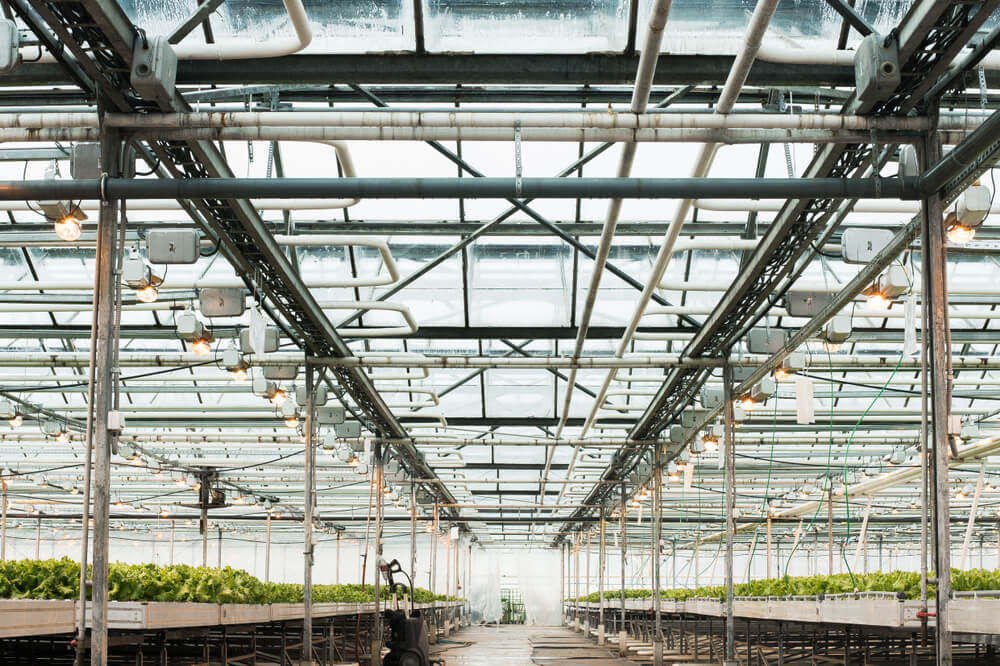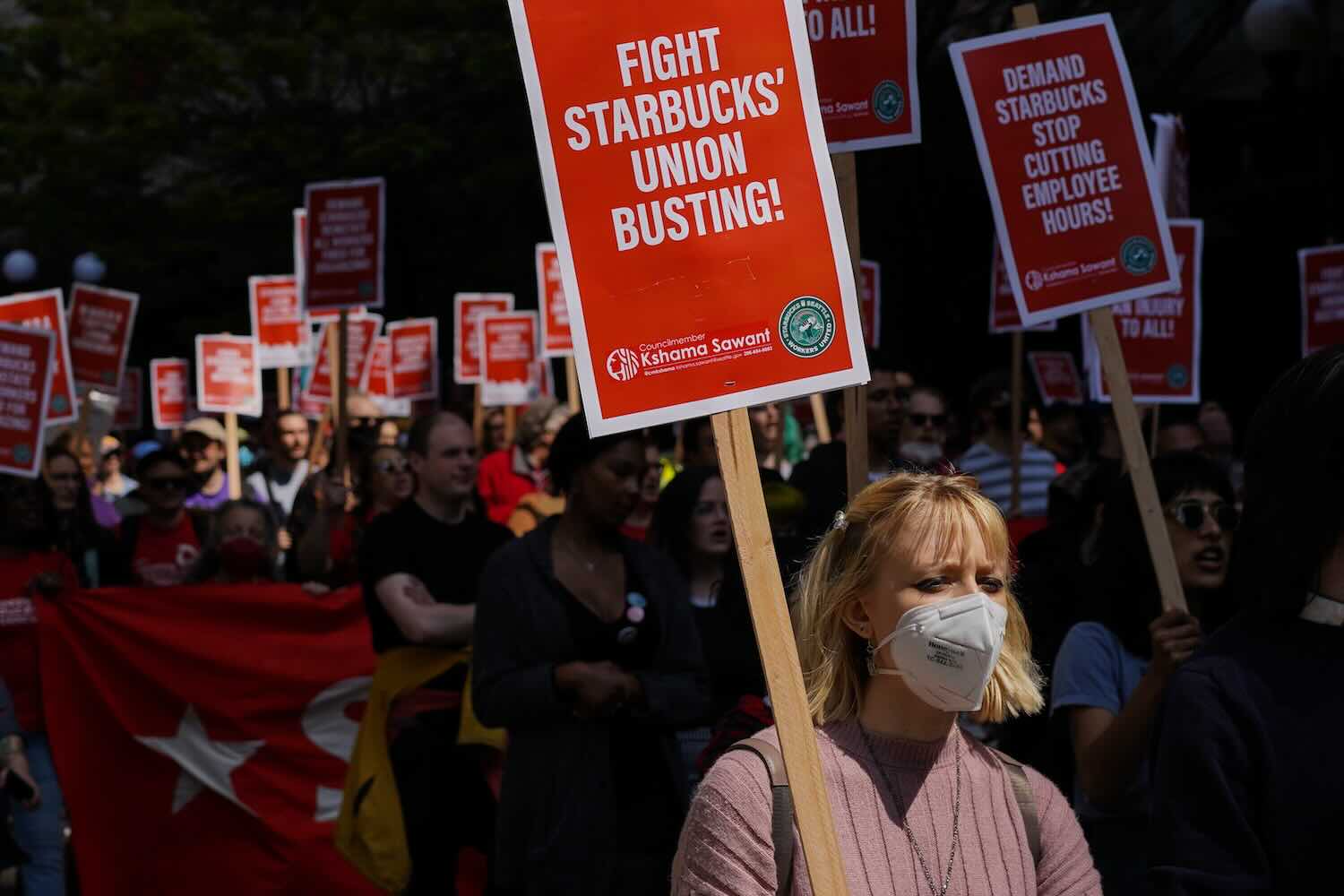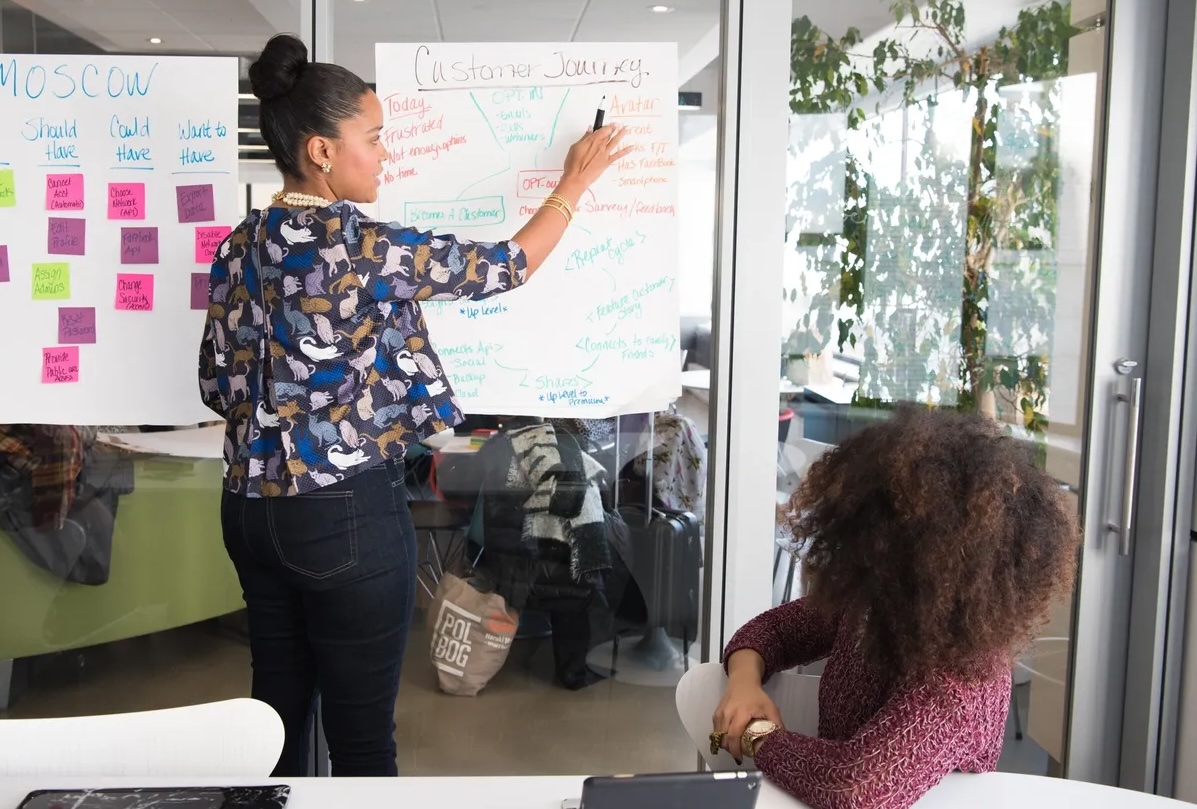Greetings, Agents of Impact!
Featured: Institutional Shift Podcast
High-tech greenhouses attract institutional investors to food security and climate adaptation (podcast). Concerns about the resiliency of food supply chains went from conceptual to concrete when the COVID crisis shut down railroads and stranded ships. “It was no longer a theoretical issue. Borders were shut,” Equilibrium Capital’s Dave Chen says in the latest podcast in ImpactAlpha’s Institutional Shift series. Chen was speaking from Singapore, where he’s talking with officials on ways to realize the island nation’s “30 by 30” plan to meet 30% of food needs locally by 2030, from less than 10% today. COVID accelerated investor interest in high-tech greenhouses that already were positioned as solutions to climate-induced changes in agriculture. Credit Suisse Asset Management announced today that it is making Equilibrium’s “controlled environment” agriculture and other sustainability strategies available to its clients. “It speaks to the growing institutional demand for these kinds of products,” Chen says. “We’re all trying to find categories that are big enough to scale, big enough to make a difference.”
Modern greenhouses that control not only light, but light-spectrum, as well as carbon dioxide, temperature, humidity and more, have put agriculture on a technology-driven productivity curve. “Who would use terms like ‘Moore’s law’ or ‘adaptive systems’ in regards to a thousand-acre field of lettuce?” Chen asks. “That’s changing the mentality of what agriculture is.” Equilibrium is the owner of the 2.8 million square-foot greenhouse under construction in Kentucky by AppHarvest, which last month agreed to go public through a merger with a special purpose acquisition company, or SPAC. It is also an investor in the company (see, “Greenhouse venture AppHarvest will reach the Nasdaq before its tomatoes reach consumers”). Equilibrium also led last month’s $68 million financing for Minnesota-based Revol Greens, which is building its third greenhouse in Texas. Public policy to increase food security, along with the large amount of capital required, makes the buildout of such facilities attractive to institutional investors, including sovereign wealth funds in the Middle East and China, as well as Singapore. “This is food infrastructure,” Chen says. “The effects of climate change are now measurable and agriculture is ground zero.”
Listen in to, “High-tech greenhouses attract Institutional investors to food security and climate adaptation,” on ImpactAlpha. Catch up on all of our podcasts on Apple, Spotify or wherever you get your podcasts.
Sponsored: Tideline
Building trust in the impact label. Join BlueMark CEO Christina Leijonhufvud and leaders in the impact investing industry for today’s SOCAP panel, “Building trust in the impact label.” Leijonhufvud will discuss the latest developments in impact verification, its adoption by investors, and next steps in creating a verifiable “label” for impact investing with B Lab’s Bart Houlahan, Elizabeth Boggs-Davidsen of the U.N. Development Programme, UBS’ Andrew Lee, and Prudential Financial’s Ommeed Sathe. SOCAP attendees can join the session today at 7am PT / 10am ET by clicking right here.
- Get smart quickly. Read, “From impact measurement to impact management to impact verification,” by BlueMark’s Christina Leijonhufvud.
Dealflow: Follow the Money
Secha Capital reaches first close of second fund for early-stage enterprises in South Africa. Johannesburg-based Secha Capital launched its first fund in 2017 to prove the investment case for “boring” companies with solid revenues. Secha will soon close its tenth investment from the 35 million rand ($2.7 million) “proof of concept” fund and has reached a first close on its second fund. The firm didn’t disclose how much it has raised; it’s targeting a 400 million rand ($30 million) final close by the end of next year. Secha operates as a holding company that takes equity stakes and active operating roles in its portfolio companies. It invests in healthy food, haircare and cosmetics companies. New sectors it’s exploring: energy storage and hydroponics.
- Pandemic innovation. The COVID shutdown forced companies in Secha’s portfolio to pivot to survive. Hair City and nativechild, companies that sell Black hair products and cosmetics, successfully grew sales online (see, “COVID-recovery financing facilities aim to bridge capital gaps for small and growing businesses“). A more recent investment, WUKINA, emerged from the pandemic, helping low-income women in South Africa earn extra income by selling high-quality wigs and hair extensions. WUKINA drew influence from U.S.-based Mayvenn, an online platform for Black hair products and services. Secha’s Brendan Mullen said the firm received guidance from Impact America Fund, a Mayvenn investor.
- Read on.
E.U. raises €17 billion from social bonds to support COVID recovery and job growth. The bonds are Europe’s first jointly-issued debt as part of its €750 billion ($890 billion) COVID recovery plan. The plan centers green and social initiatives, like the €100 billion jobs program SURE (for “Support to mitigate Unemployment Risks in an Emergency”). Bloomberg reports that the bond offering was oversubscribed 17-fold.
Trilantic takes stake in electric vehicle infrastructure firm SemaConnect. Maryland-based SemaConnect has installed 10,000 electrical vehicle charging stations for U.S. commercial real estate operators. The company is the first investment supporting the clean energy transition by Trilantic North America, which has $9.7 billion in assets under management. Terms were not disclosed.
Impact Voices: Pass the Mic
Disease-focused venture philanthropy can accelerate cures for neglected diseases. Success fighting a disease requires collaboration among biopharmaceutical companies, government, philanthropy, academia, health insurers and venture investors. Diseases perceived as too complex or affecting too few people struggle to attract investors even for life-saving therapies. Disease focused “venture philanthropy” funds use donations to invest like traditional venture capital funds and recycle profits into funding new cures. The JDRF T1D Fund grew out of JDRF (formerly the Juvenile Diabetes Research Foundation), a nonprofit funder of treatments for Type 1 diabetes, an autoimmune disease that afflicts 18 million people globally, including 1.6 million Americans. “We have demonstrated that a mission-driven, non-profit market participant can de-risk a disease area for the venture community and draw capital to the field, enabling real progress toward a cure,” writes ImpactAlpha guest contributor Sean Doherty, who helped set up the fund in 2015 after his young son was diagnosed with T1D.
Venture philanthropy funds can tap the expertise of disease-focused non-profits, which traditional VC funds are not permitted to do. Mission-driven nonprofits can take “full concentration risk” in a particular disease, rather than diversifying as a for-profit fund would. Investors leverage “learnings, managerial talent, and cash invested in preclinical companies into multiple ‘shots on goal,’” Doherty writes. The T1D fund, with more than $100 million in assets, has invested $55 million in more than 20 companies, two of which are generating returns. The fund has also helped attract $325 million in outside venture capital to T1D solutions.
- Returns on health. The Michael J. Fox Foundation, the Multiple Myeloma Research Foundation and the Lymphoma and Leukaemia Society have set up similar venture structures to accelerate solutions.
- Keep reading, “How disease-focused venture philanthropy can accelerate cures,” by Sean Doherty on ImpactAlpha.
Agents of Impact: Follow the Talent
Annie McShiras, ex-Self-Help Credit Union, joins the East Bay Permanent Real Estate Cooperative as investment and fundraising director… RSF Social Finance welcomes 28 financial professionals as Integrated Capital Institute Fellows… BMO is looking for a managing director for its sustainable finance group in New York… The Real Real is recruiting a director of sustainability in San Francisco… Consulting group Quantis is hiring a climate strategy lead in Lausanne or Zurich… KPMG Australia seeks a senior sustainability consultant in Melbourne… Sherrell Dorsey’s The Plug hosts The Plug Live Summit, with Resilia’s Sevetri Wilson, Collab Capital’s Justin Dawkins, New Profit’s Angela Jackson and others who will discuss trends shaping the Black innovation economy, tomorrow, Oct 22.
Thank you for reading.
–Oct. 21, 2020











